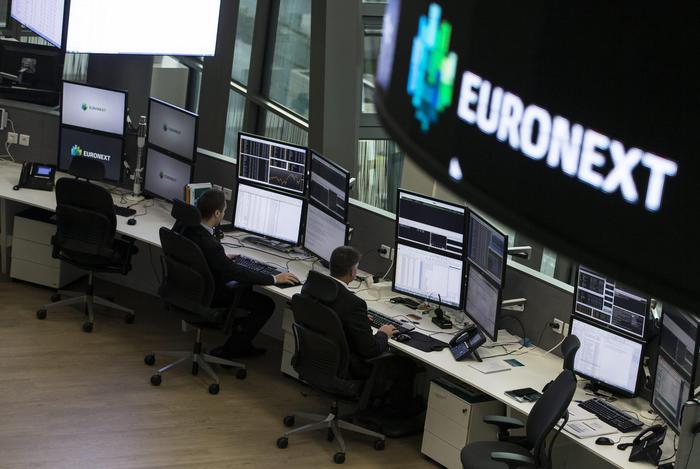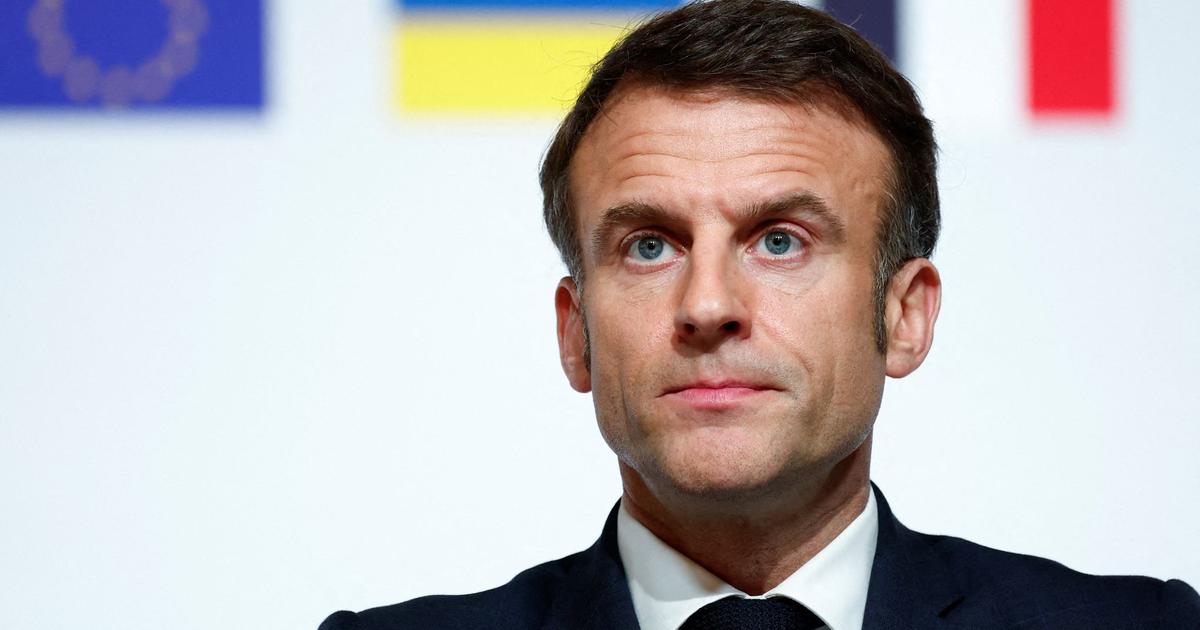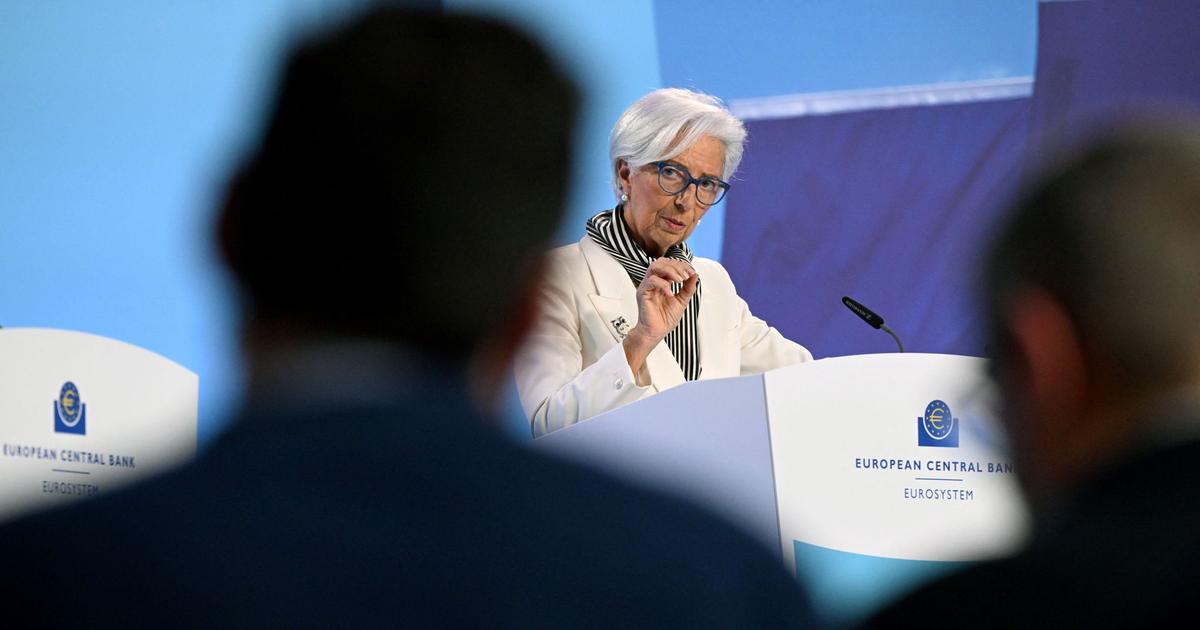Europe is facing one of its greatest challenges since the creation of the euro.
The rise in interest rates decided this week by the ECB is justified, given the risk of the single currency losing value against the dollar, the currency in which the main imported raw materials are quoted and, therefore, a key factor in the inflation.
It is not understandable, however, the announcement of up to four additional turns of the screw in the coming months, until inflation approaches its 2% target —something that could happen from the end of next year—, according to Frankfurt.
Monetary policy can only have a direct impact on domestic prices, which barely represent 31.5% of the rise in the CPI.
The rest of the components —that is, energy and food— are largely determined by factors external to the ECB's action.
Therefore, the ECB would have to generate a deep recession to generate a sharp drop in prices and wages, and thus bring down inflation.
This is not consistent with the central bank's 0.9% growth forecast for 2023. Having denied the persistence of inflation, it may now be downplaying the risk of recession.
Reference is made to the experience of the United States, where inflation seems to be easing after the Federal Reserve's turnaround.
However, in that country energy and food account for less than half of the total price increase.
In addition, Biden has managed to coordinate the other instruments of economic policy to, at the same time, quell inflation and prevent a long recession: he has launched an investment plan aimed at alleviating bottlenecks in supply chains and ensuring the energy security of your productive apparatus.
The recipe seems to be bearing fruit.
In the European Union, however, fiscal policy is slow to react and the debate is restricted by important issues such as the reduction of imbalances, but leaves aside the content of the policies at a key moment for the future of the European economy.
What is missing is a strategy of energy interconnections and investments focused on diversifying supply sources.
It is also taking time to reform the functioning of the markets, especially as regards the transfer of the price of gas to the electricity rate.
Meanwhile, some of the main operators in the futures markets are entering the red, as they are forced to buy energy at prices significantly higher than those stipulated in the contracts with their clients.
Brussels could be forced to relax state aid rules to deal with a situation that endangers the stability of supply.
All this points to a sharp deterioration in the European context in which the Spanish economy operates.
The monetary tightening that incorporates the Euribor, already above 2%, will have a certain impact.
But this will be much less than the probable entry into recession of Germany, Italy and other community partners more exposed than us to an energy crisis to which Europe has not yet found an answer.
Hence the importance of good management of our fiscal policy.
The supply
shock
, although violent, does not reach the magnitude of what is expected in most European countries.
Therefore, there is room to deploy European funds in the sectors that most directly contribute to alleviating the crisis, and to reduce the burden on vulnerable groups.
The other components of the budget should tend to balance.
The curves that come recommend adapting the Spanish economic policy and reformulating the European one.
And more realism from the ECB in the rate of de-escalation of inflation.
interest rates
After the ECB's intervention rate hike of 75 basis points, the markets have reacted unevenly.
The one-year Euribor, the main reference for mortgages, has increased, showing the anticipation of a new turn of the screw by the ECB in the coming months.
The yield on the Spanish 10-year bond has evolved inversely, with a drop that, although slight, could reflect the anticipation of a pause in the monetary turn in the medium term, in line with the rise in the risk of recession.
Raymond Torres is director of the situation at Funcas.
On Twitter: @RaymondTorres_
Subscribe to continue reading
read without limits
Keep reading
I'm already a subscriber

/cloudfront-eu-central-1.images.arcpublishing.com/prisa/7WXLMBC2JEBUVS2NNHCQ5XDO5U.jpg)


/cloudfront-eu-central-1.images.arcpublishing.com/prisa/C3LDLHDAXBBCFCHWBPELHN64FU.jpg)










